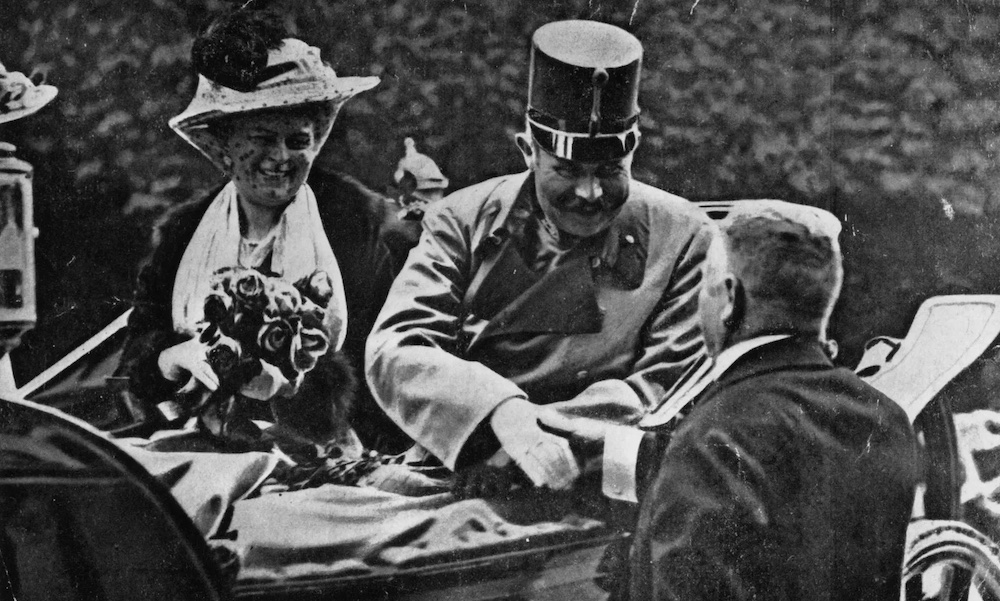On Wednesday, June 28, 2023 we remember an event that occurred almost half a century ago, an incident that sent shockwaves throughout the world and set in motion a chain of events leading to one of the deadliest conflicts humanity had ever witnessed. June 28th marks the anniversary of the assassination of Archduke Franz Ferdinand, an event that had an enduring impact on the course of history.
Archduke Franz Ferdinand, the heir to the Austro-Hungarian Empire, and his wife, Sophie, were visiting Sarajevo, Bosnia-Herzegovina, on June 28, 1914. The Archduke’s visit was intended to promote unity in a region fraught with tensions and nationalist aspirations. However, their visit would soon turn into tragedy.
As the Archduke’s motorcade passed through the streets of Sarajevo, a young Serbian nationalist named Gavrilo Princip fired two fatal shots, killing both the Archduke and his wife. This act of violence, though seemingly isolated, was the spark that ignited a global conflagration.
The assassination set off a series of diplomatic crises and escalations, leading to a declaration of war between Austria-Hungary and Serbia. The interconnected alliances among European powers soon dragged other nations into the conflict, giving rise to World War I, a devastating conflict that lasted from 1914 to 1918.

The impact of the assassination and subsequent war cannot be overstated. It brought about an unprecedented loss of life, with millions of soldiers and civilians perishing on the battlefields. The conflict witnessed the introduction of new, deadlier weapons and tactics, forever changing the nature of warfare. It also led to the collapse of empires, reshaping the geopolitical landscape of Europe and the world.
The Treaty of Versailles, signed in 1919 to formally end the war, imposed harsh terms on the defeated Central Powers, especially Germany. These punitive measures laid the groundwork for simmering resentment and economic hardship, which in turn contributed to the rise of extremist ideologies, such as fascism and Nazism, leading to another global conflict just two decades later.
Additionally, the aftermath of World War I saw the redrawing of national boundaries, the dissolution of empires, and the birth of new nations. The dismantling of the Austro-Hungarian and Ottoman Empires in particular created a power vacuum in Central and Eastern Europe, setting the stage for further conflicts and tensions in the decades to come.
The assassination of Archduke Franz Ferdinand, initially an act driven by nationalist sentiments, ended up having far-reaching consequences that shaped the world we live in today. It highlighted the interconnectedness of nations and the fragility of peace. The lessons learned from this tragic event paved the way for the formation of international organizations like the League of Nations and, eventually, the United Nations, which sought to prevent future global conflicts.
As we commemorate the anniversary of this momentous event, it is crucial to remember the sacrifice of countless lives and reflect upon the enduring impact that the assassination of Archduke Franz Ferdinand had on the world. The events of June 28, 1914, remind us of the importance of peace, diplomacy, and understanding in an increasingly interconnected and interdependent world.
By remembering the past, we can strive to build a better future, one that is free from the shackles of violence and conflict. It is through such reflection that we honor the memory of those who perished and work towards a world where the lessons of history guide us towards a more peaceful and prosperous tomorrow.


